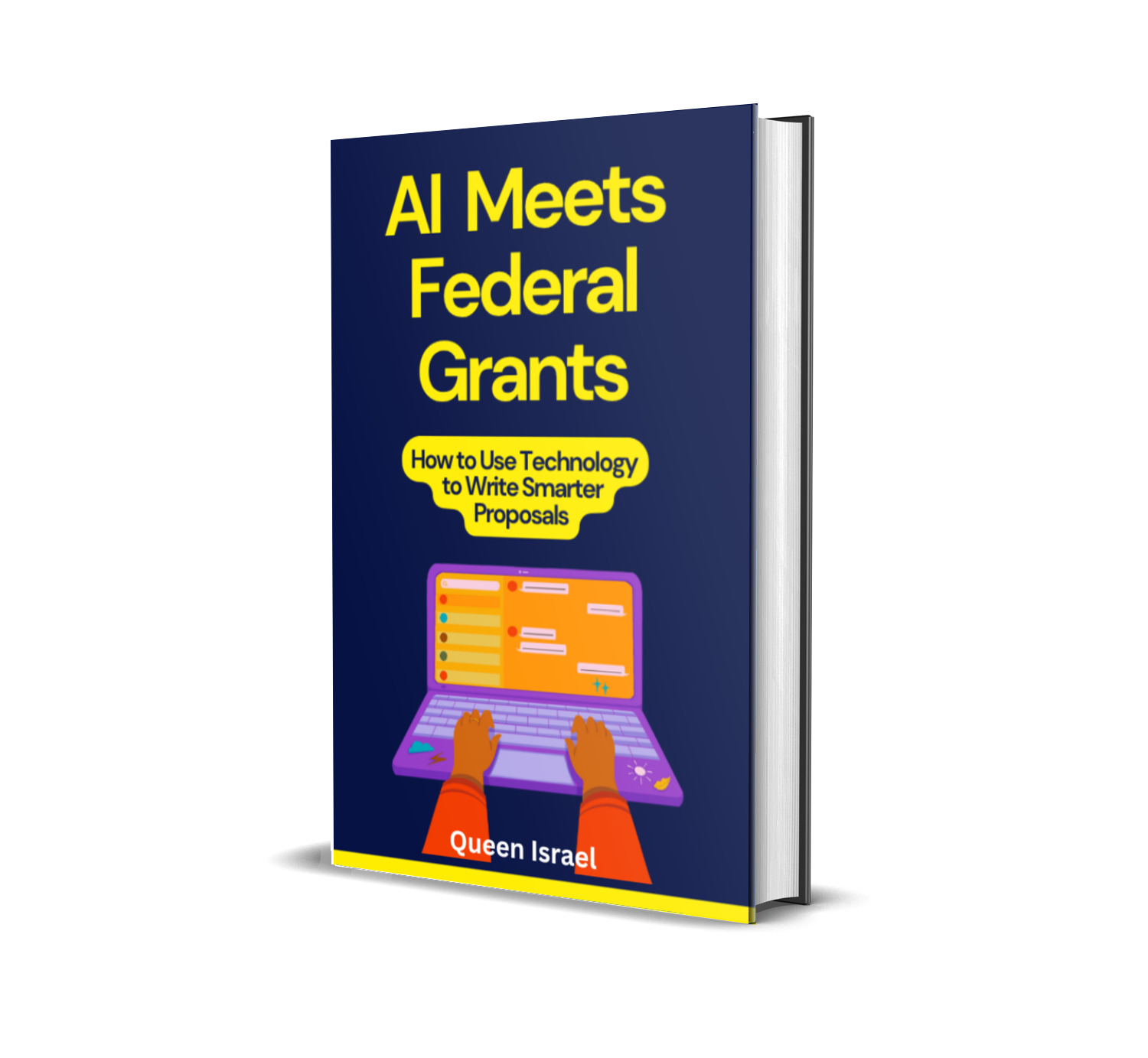The Importance of Research in Grant Writing.
Diving into the world of grant writing can be likened to embarking on a voyage across unchartered waters. While your skills and experience can set you in good stead, research is the compass that steers your ship towards the right destination.
Research: The Foundation of Effective Grant Writing
In the landscape of grant writing, research plays an indispensable role, serving as the bedrock upon which all successful grant proposals are built. It not only directs you towards the right funding opportunities but also shapes your understanding of the funder’s perspective, enabling you to tailor your proposal accordingly.
Identifying Potential Grant Opportunities
The first step in the research phase is to identify potential grant opportunities. There are countless funding sources out there – from governmental bodies to private foundations, corporate sponsors, and more. Each has its own set of priorities, eligibility criteria, and guidelines for grant proposals. Thus, it’s vital to find those that align with your project’s objectives, your organization’s mission, and the community you serve.
There are numerous databases and websites dedicated to listing grant opportunities, and they can be an excellent starting point. However, don’t limit your research to online platforms; networking events, professional forums, and word of mouth can often lead to valuable leads.
Understanding the Funder’s Perspective
Once you’ve identified potential grant opportunities, it’s time to dive deeper to understand the funder’s perspective. This means getting a handle on their funding priorities, their goals, and their values. Review their mission statement, their previously funded projects, any strategic plans or annual reports they have available, and their grant-making history. This information will provide valuable insights into what the funder values and how they make decisions.
Develop a Strategic Approach
After understanding the funder’s perspective, you need to strategize on how to position your proposal. This involves aligning your project with the funder’s goals and demonstrating how it can provide a meaningful solution to a problem or fill a gap that the funder is interested in addressing. It also involves showing the unique value that your organization brings to the table.
Informing Your Proposal Writing
Finally, your research will significantly inform your proposal writing. It helps you craft a proposal that speaks directly to the funder’s interests, showing them that you understand their priorities and have designed your project with these in mind. Furthermore, it helps you provide compelling evidence to support your claims and make a convincing case for your project.
Final Thoughts
Research in grant writing isn’t merely a step in the process; it’s an ongoing endeavor that requires commitment and curiosity. It involves staying up-to-date with changes in the funding landscape, understanding trends, and continually learning about potential funders.
Navigating this journey can be challenging, but the rewards are worthwhile. As you delve deeper into the research process, you’ll find that it not only enhances the quality of your grant proposals but also enriches your understanding of your field and the funders that support it.
To learn more about conducting effective research in grant writing, consider exploring our “Advanced Grant Writing” book, a comprehensive guide that provides a detailed walkthrough of the entire grant writing process, including the critical role of research. Advanced Grant Writing Book Purchase Link.






